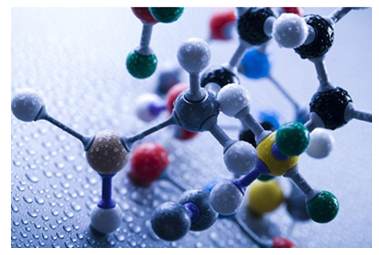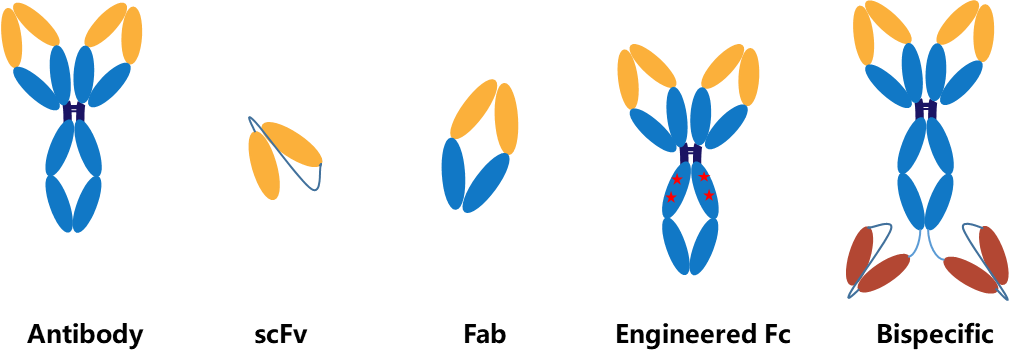Peptide
Polypeptides are biopolymers consisting of amino acid repeat units, which are considered proteins when they consist of more than 50 amino acids. The emergence of peptides has had a profound impact on the modern drug development industry and has driven great advances in

biological and chemical research. Their therapeutic use has revolutionized the treatment of many diseases, e.g., diabetes, hepatitis, rheumatoid arthritis, cancer, infection, inflammation and multiple sclerosis, Because of its unique structure and function, in recent years, it fills the treatment gap of small-molecule chemical drugs and large-molecule biological drugs, solves the medical needs of part of the blank, and attracts a lot of research, which dramatically increased in the biotech and pharmaceutical industries.. Such as mRNA display technology, phage display technology, DNA coding technology, and other synthetic chemistry technologies have revolutionized the basic research and clinical transformation of polypeptides.
In 1922, the launch of insulin marked the beginning of polypeptide drugs as therapeutic agents, and today, more than 60 peptide drugs are active on the market as blockbuster drugs. In addition, there are more than 350 peptide drugs in various stages of clinical research, including therapeutic drugs of cancer, infectious diseases, metabolic disorders, and neurological diseases. The peptide drug industry has clearly become one of the emerging innovative drug development strategies.
Antibody
Antibodies (Abs) are one of the fastest development and the most far-reaching

influence drugs in the field of medicine. Since the mid-1990s, the antibody has gradually become a kind of drug with double-harvest in clinical and business. At present, more than 60 antibody drugs have been approved for marketing in the drug market, at least 30 of which are used to treat a variety of solid tumors and hematoma. Historical data shows that the success rate of antibody drugs (humanization) from the initiation of clinical trials to the successful listing is as high as 15%. Therefore, more than 550 antibody drug candidates in clinical trials, including more than 50 antibodies that have entered phase III clinical trials, may emerge in the future pharmaceutical market.
To better exploit the targeting advantages and circumvent the problems of Abs (such as immunogenicity), various novel antibody drugs will be constantly developed, including antibody-drug conjugates (ADCs), the bispecific Abs, the trispecific Abs, and so on. The coupled drugs of ADCs can be cytotoxic chemical drugs, radioisotopes, or polyethylene glycol (PEG). These emerging methods of antibody-drug design methods can more effectively target sites and perform more accurate and effective effects.





